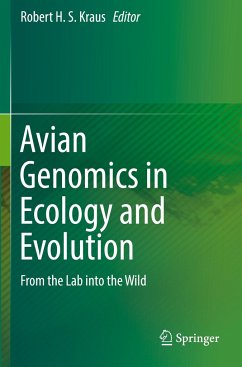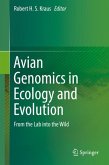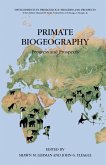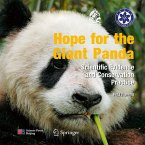Birds catch the public imagination like no other group of animals; in addition, birders are perhaps the largest non-professional naturalist community. Genomics and associated bioinformatics have revolutionised daily life in just a few decades. At the same time, this development has facilitated the application of genomics technology to ecological and evolutionary studies, including biodiversity and conservation at all levels.
This book reveals how the exciting toolbox of genomics offers new opportunities in all areas of avian biology. It presents contributions from prominent experts at the intersection of avian biology and genomics, and offers an ideal introduction to the world of genomics for students, biologists and bird enthusiasts alike. The book begins with a historical perspective on how genomic technology was adopted by bird ecology and evolution research groups. This led, as the book explains, to a revised understanding of avian evolution, with exciting consequences for biodiversity research as a whole. Lastly, these impacts are illustrated using seminal examples and the latest discoveries from avian biology laboratories around the world.
This book reveals how the exciting toolbox of genomics offers new opportunities in all areas of avian biology. It presents contributions from prominent experts at the intersection of avian biology and genomics, and offers an ideal introduction to the world of genomics for students, biologists and bird enthusiasts alike. The book begins with a historical perspective on how genomic technology was adopted by bird ecology and evolution research groups. This led, as the book explains, to a revised understanding of avian evolution, with exciting consequences for biodiversity research as a whole. Lastly, these impacts are illustrated using seminal examples and the latest discoveries from avian biology laboratories around the world.








